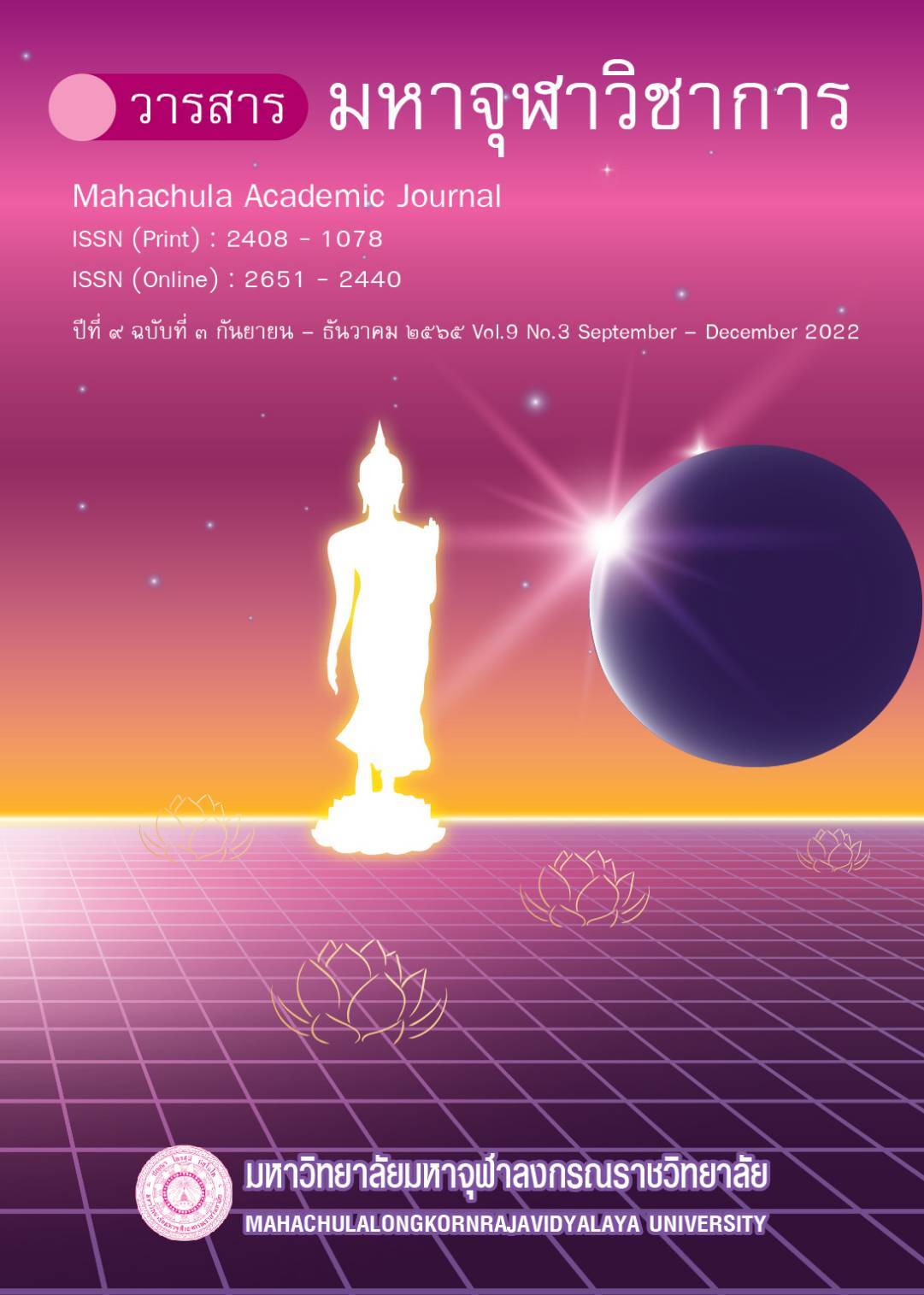The development of Foundation economic knowledge body to reduce community inequality in the 21st century
Main Article Content
Abstract
The objectives of studying the Development of Economic Knowledge Base of Community for Sustainability in 21st Century (1) To study the knowledge base economy of the community (2) To synthesize the knowledge base economy of the community (3) To present the knowledge of community foundations for sustainability. This research work is Qualitative Research of In-depth interviews with specific groups by studying and selecting 3 groups of community enterprises as follows: 2 groups of U-thong District and another 1 group of Si-prachant District which are models of economic knowledge base of community in Suphan Buri Province with specific randomization, collecting interview data of 21 persons.
The Results of Research Work are as follows: Part 1 Fundamental Economy Knowledge that will lead to upgrading the innovation community In the field of knowledge management is brainstorming. Creation and the pursuit of knowledge systematic knowledge management and processing knowledge This is the first process of preparation. Skill Development Section It will focus on finding member's weaknesses in order to develop skills development plans leading to action that is consistent with the activities and to be evaluated. Part 2 Synthesis of knowledge bases of community economy driven into action as a result of skill development by studying data and readiness Building an understanding with members, implementing the steps leading to the development process and applying the results of the assessment to identify the deficiencies of the implementation. As for the management, there are clearly defined work procedures from structure to production plan. learning management Marketing management leading to a business plan with the participation of government agencies to support suggestions. Part 3 Knowledge of Community Foundations for Sustainability There should be a development process according to the needs of the community that can bring local wisdom to create a group with government agencies to link both cost management and social landscape that can link the budget. Promote and drive development to be continuity and clear goals.
Article Details

This work is licensed under a Creative Commons Attribution-NonCommercial-NoDerivatives 4.0 International License.
References
ชุมชมพูนุช หุ่นนาคและคณะ. การสร้างชุมชนเข้มแข็งด้วยกระบวนการเรียนรู้ในการทำเกษตรอินทรีย์. กรุงเทพมหานคร : มหาวิทยาลัยเทคโนโลยีราชมงคลรัตนโกสินทร์. ๒๕๕๙.
ปกรณ์ ปรียากร. ทฤษฎีและแนวคิดเกี่ยวกับการพัฒนาในการบริหารการพัฒนา. กรุงเทพมหานคร : สามเจริญพานิช. ๒๕๓๘.
พรรณทิพย์ เพชรมาก และคณะ. คู่มือการส่งเสริมการพัฒนาเศรษฐกิจฐานราก. กรุงเทพมหานคร : สถาบันพัฒนาองค์กรชุมชนฯ. ๒๕๕๙.
มงคล ด่านธานินทร์. แนวคิดในการพัฒนาเศรษฐกิจชุมชน. กรุงเทพมหานคร : ไทยวัฒนาพานิช ๒๕๔๑.
สนธยา พลศรี. ทฤษฎีและหลักการพัฒนาชุมชน. พิมพ์ครั้งที่ ๕. กรุงเทพมหานคร : โอเดียนสโตร์. ๒๕๔๗.
Kujiro Nonaka and Hirotaka Takeuchi. Classic work: Theory of Organizational Knowledge Creation. In Morey, D., Maybury, M.T. and Thuraisingham, B.M. Knowledge Management: Classic and Contemporary Work. Mass: The MIT Press, 2000.
ขวัญกมล ดอนขวา และณัชชา ลิมปศิริสุวรรณ. โมเดลเชิงสาเหตุและผลของกระบวนการเศรษฐกิจชุมชนในภาคตะวันออกเฉียงเหนือ. [ออนไลน์]. แหล่งที่มา : http://www.ar.or.th/ImageData/ Magazine/38//DL_226.pdf?t=6 [๑๔ กันยายน ๒๕๖๓].


